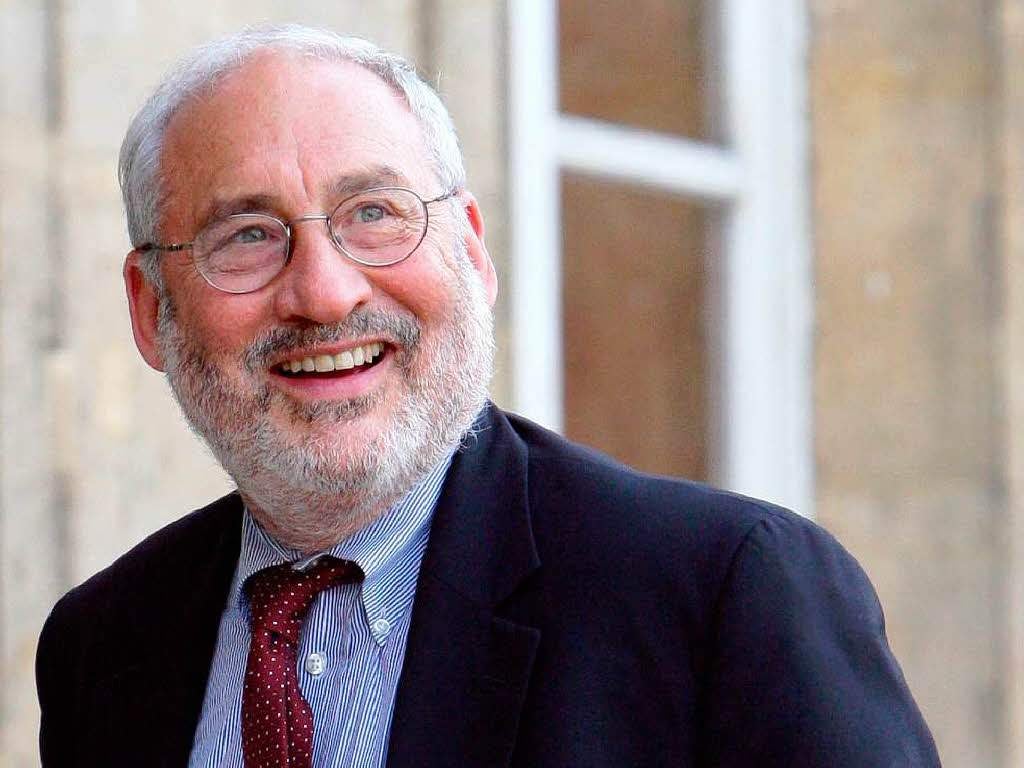
Nobel Laurate Joseph Stiglitz looks forward to a world where AI can be beneficial to humans, if the right economic principles are applied, writes Rasika Sittamparam
There could not have been a more human spokesperson for artificial intelligence than Professor Joseph Stiglitz, a Nobel laureate. Speaking on the topic of AI and the future of work at the Royal Society in London, the former chief economist at the World Bank declared: ‘What we see in AI is a continuation on what has gone on for 250 years, but in other ways, it is different. It’s more than robots that are stronger than humans; it’s more than the kinds of machines that can process information much faster: AI is about machines that can learn faster than humans.’
Taking the audience on a conceptual journey highlighting the common misconceptions and the real economic challenges of an AI workforce, the gently spoken 75-year old divides machine learning into two parts: labour replacing intelligence that would reduce jobs, and human assisting intelligence which augments human ability and improves jobs.
A recent development in radiology is an example of the second ‘intelligence assisting’ application of AI, where the technology is said to read MRIs and CAT scans better than humans. ‘It’s bad news for radiologists, but the studies that have tried to break down the tasks that people do, point out that, actually, reading these x-rays or MRIs is only part of what people were trained in this job actually do.’ And not only is it good news for the patients but Stiglitz believes, it means ‘the doctor will be free to do other things’ too.
As a result Stiglitz says a future where machines are more intelligent that humans will increase productivity and lead to more wealth – ‘a bigger share of the pie’ as the potential benefits translate into national income. However there are questions about how that would translate into wealth and make humanity better off – especially since the wages of unskilled workers have declined for the past 35 years. ‘Those at the top shape the rules of the game and the result of that, you get increasing inequality,’ he cautions, warning about the growth of market monopolies, especially the proprietors of the AI technology within the tech industry, the likes of Alphabet and Microsoft.
These fears are corroborated by a recent report by the Royal Society, which noted ‘a consensus’ among scientists that ‘10-30 per cent of jobs in the UK are highly automatable’ – though many new jobs will also be created, it noted. ‘Across sectors, AI technologies offer the promise of boosting productivity and creating new products and services,’ said the report, with evidence that emerging AI-based technologies are being applied to retail, manufacturing and entertainment industries, with ‘significant potential’ for its uptake in pharmaceuticals, education and transport. Another report by McKinsey, titled Notes from the AI frontier, earlier this year has said that ‘AI techniques’ intended to create between $3.5 trillion and $5.8 trillion in annual value in the global economy across 19 industries.
With all this in mind, Stiglitz – a noted critic of free-market ideology – concludes that the burden of AI’s success lies firmly on the shoulders of humans: ‘With the right policies in place, AI can usher in a new era of shared prosperity,’ he says. ‘Without the right policy, the kind of dystopia for us will only get worse.’
Rasika Sittamparam is a senior researcher and science & tech writer at Spear’s
Related
How AI could transform wealth management
Zuckerberg’s ‘techlash’ trial: what CEOs can learn
Game of drones: Watch out for cyber criminals in the sky






